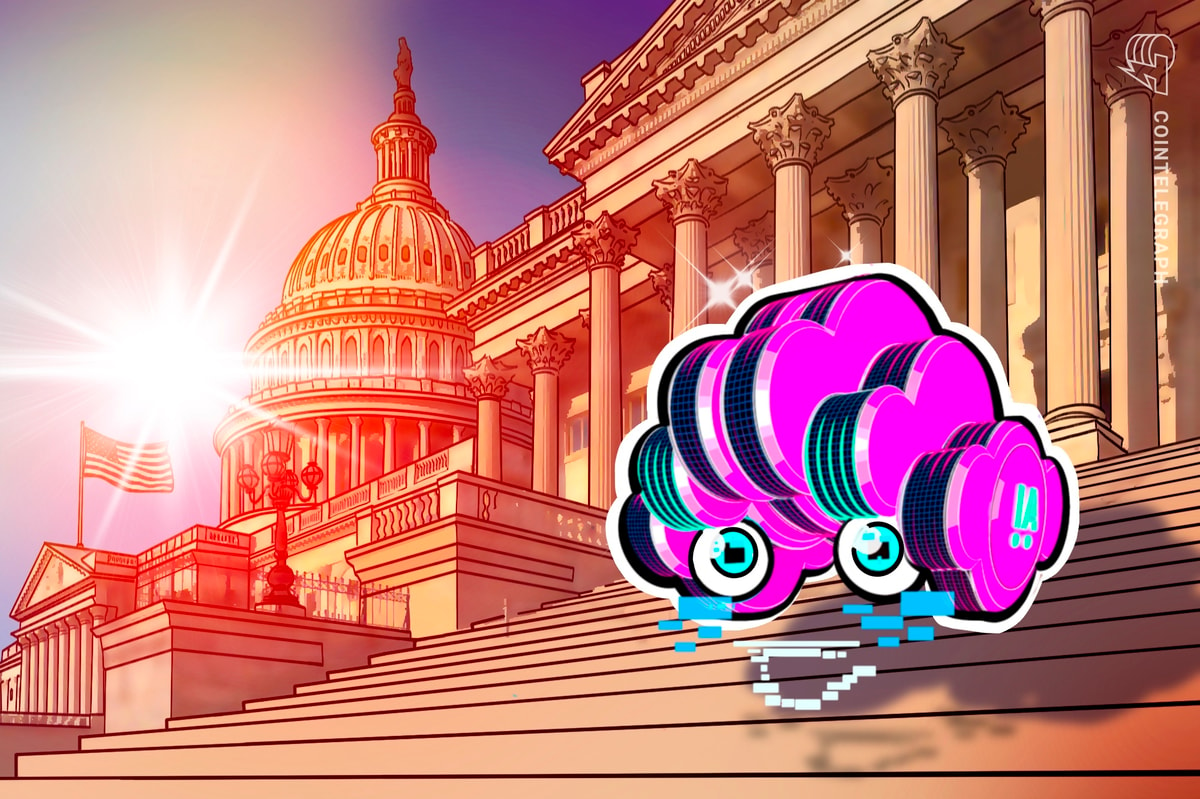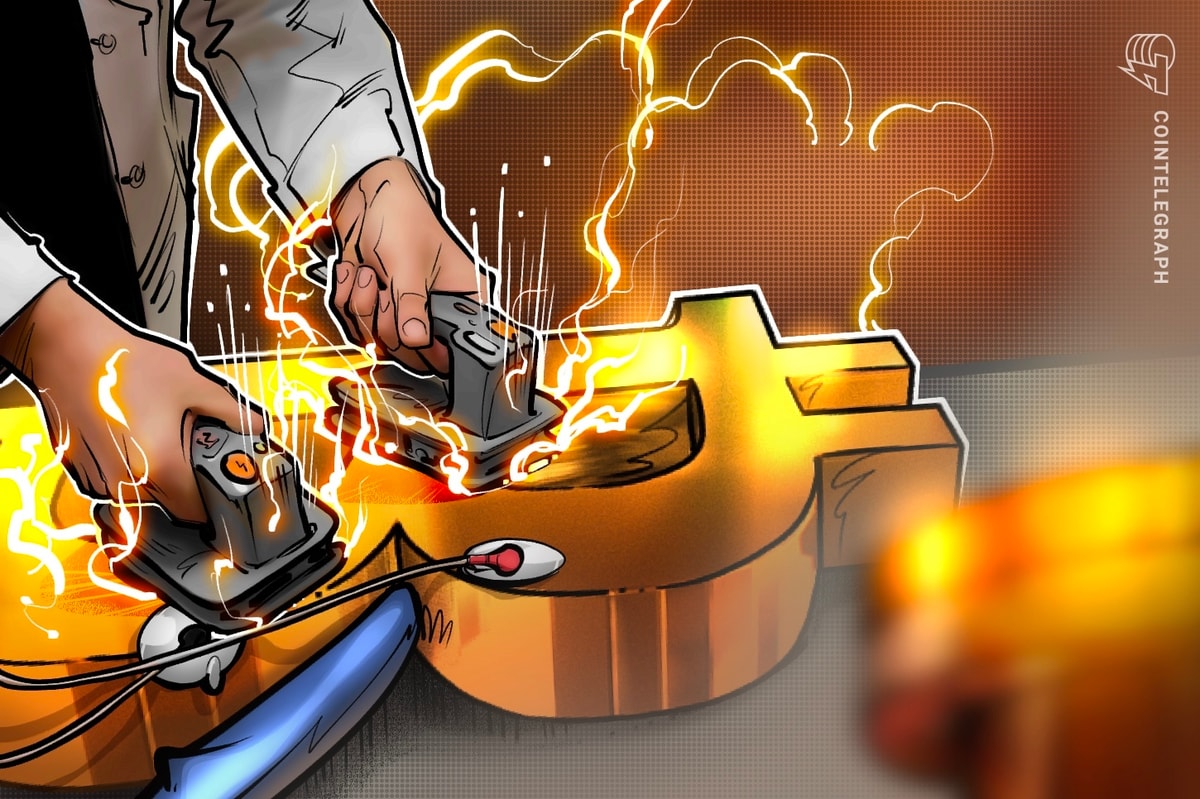As crypto adoption increases globally, governments are grappling with the potential impacts on their financial systems and economic stability. This week, several major policy changes have impacted the crypto industry — some that hinder innovation and others that bolster it.
In the US, a government shutdown has halted any consideration of crypto-focused exchange-traded funds (ETFs). Federal agencies are operating with minimal staff until Congress reaches a budget agreement.
In the UK, the government has lifted a ban on crypto-based exchange-traded notes (ETNs) — debt instruments that give investors exposure to crypto without owning it. UK regulators say the crypto market is mature enough to support such products.
Elsewhere, countries are creating legal frameworks and definitions for cryptocurrencies, and sovereign wealth funds invest in digital assets.
Here are six policy changes that affected crypto this week:
US government shutdown halts ETF progress
In the US, congressional Democrats and Republicans were unable to reach an agreement on a budget. Republicans have the majority in the Senate, but don’t have the 60 votes needed to pass the spending bill. This led to the federal government shutdown on Oct. 1.
As a result, many government agencies have closed shop or are operating on skeleton crews. This includes the Securities and Exchange Commission (SEC), which approves financial instruments and regulates much of the crypto sector.
Pending decisions on ETFs have passed without comment or progress amid the shutdown. The SEC took no action on Canary Capital’s spot Litecoin ETF on Oct. 3, the original deadline for the filing.
Some wheels are still turning in Washington. This week, the US Senate confirmed an official to the US Treasury. Jonathan McKernan became under secretary for domestic finance at the Department of the Treasury on Oct. 7.
The crypto industry is optimistic about McKernan’s appointment. He has opposed reported debanking policies by the government, although he has not explicitly tied them to cryptocurrency.
UK lifts ban on crypto exchange-traded notes
The UK’s main financial regulator, the Financial Conduct Authority (FCA), has rolled back some restrictions on crypto-related investments.
Yesterday, the FCA announced that retail investors can now have access to crypto-related ETNs. Regulators say that the market has evolved, and “products have become more mainstream and better understood.”
The UK has taken a relatively cautious approach to cryptocurrency and retail investors. Regulators had banned crypto ETNs in 2021, citing their unsuitability for retail investors and supposed lack of legitimate investment need. The FCA noted in its Thursday announcement that crypto derivatives were still off the table.
Related: ETN vs. ETF: Which Is the Investor’s Dream?
Luxembourg sovereign wealth fund invests in crypto ETFs
The Sovereign wealth fund of the small European nation of Luxembourg is investing in crypto ETFs.
In a Wednesday announcement, the Director of the Treasury and Secretary General Bob Kieffer said that the fund had allocated 1% of its portfolio in Bitcoin ETFs. The fund’s assets under management add up to around 764 million euros ($888 million) as of June 30. A 1% allocation would mean Luxembourg has invested about $9 million in Bitcoin ETFs.
The sovereign wealth fund is allowed to invest up to 15% of its wealth in alternative asset classes. This includes private equity, real estate and crypto.
Kieffer said that the 1% allocation was appropriate for the fund, while still “sending a clear message about Bitcoin’s long-term potential.”
Crypto bill passes in Kenya
The East African country of Kenya is soon to get a regulatory framework for virtual asset service providers (VASPs).
On Tuesday, the Kenyan parliament passed the Virtual Assets Service Provider’s Bill, which now awaits the signature of President William Ruto. The bill would provide licensing and consumer protection standards. It also provides a legal framework for exchanges, brokers, wallet operators, and token issuers.
In January, local attorneys stated that the bill lacked clarity on which regulators would be responsible for what. They also questioned the practicability of some of the requirements for miners. The bill has undergone significant revisions since then, in three separate readings in parliament.
Chebet Kipingor, business operations manager for crypto exchange Busha Kenya, said that the bill is “a signal that Africa’s most innovative economy is ready to balance innovation with consumer protection, and that progress, not fear, will guide our digital future.”
EU wants to expand its authority over crypto
Verena Ross, chair of the European Securities and Markets Authority (ESMA), confirmed on Monday that the agency is seeking to regulate crypto exchanges and other operators.
This would shift oversight on crypto exchanges from national regulators to the pan-European ESMA. This larger integration would make European markets “more integrated and globally competitive,” according to Ross.
She added that the ESMA wanted to be sure it was “addressing the continued fragmentation in markets and resolve that to create more of a single market for capital in Europe.”
In September, France’s Autorité des Marchés Financiers expressed concern about the unequal enforcement of the EU’s crypto law, the Market in Crypto-Assets (MiCA) regulation. Austria and Italy have also raised concerns after a review of Malta’s approval processes was found to be lacking.
Bank of England gets softer on stablecoins
The UK’s central bank, the Bank of England (BoE), could be softening its stance on stablecoin caps, according to reports that surfaced Tuesday.
The BoE is reportedly reconsidering its caps for corporate stablecoin holdings. This could include exemptions for companies that need to maintain larger stablecoin reserves. Concerns over systemic risk moved the BoE to set current caps at 20,000 pounds for individuals and 10 million pounds for companies.
Crypto exchanges and other firms operating with digital assets have argued that this puts an unnecessary constraint on their business. Exchanges are particularly affected given their need to support trading and maintain liquidity.
GC Cooke, a co-founder of UK-based stablecoin management platform Brava Finance, said that BoE governor Andrew Bailey is warming to the idea of stablecoins existing alongside central bank-controlled assets like central bank digital currencies.
With the crypto industry growing in visibility and importance, legislators are beginning to take the industry more seriously. Regulators and lawmakers are also engaging with more nuance as they acknowledge the role crypto can play in the economy.
Magazine: EU’s privacy-killing Chat Control bill delayed — but fight isn’t over
Read the full article here
















